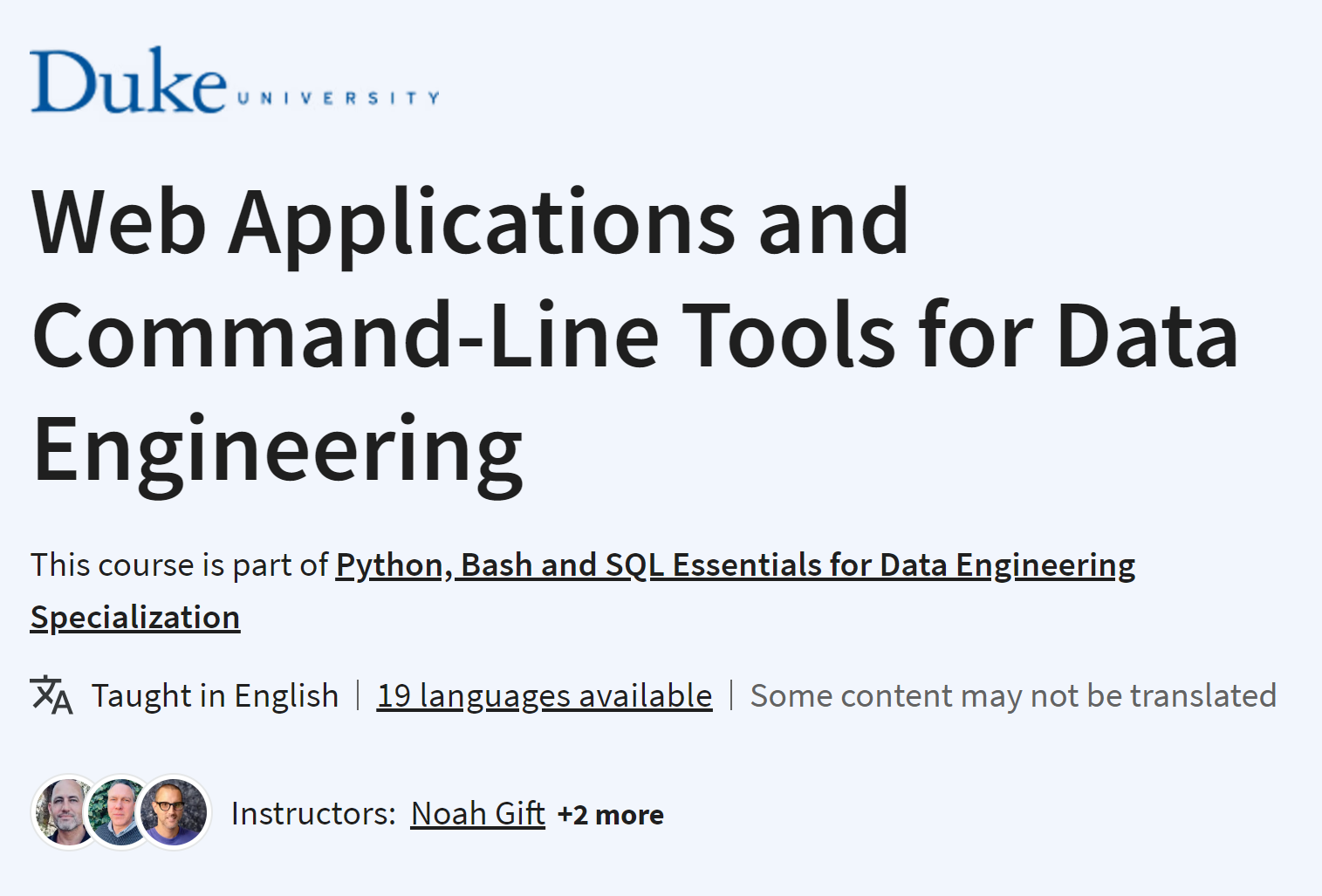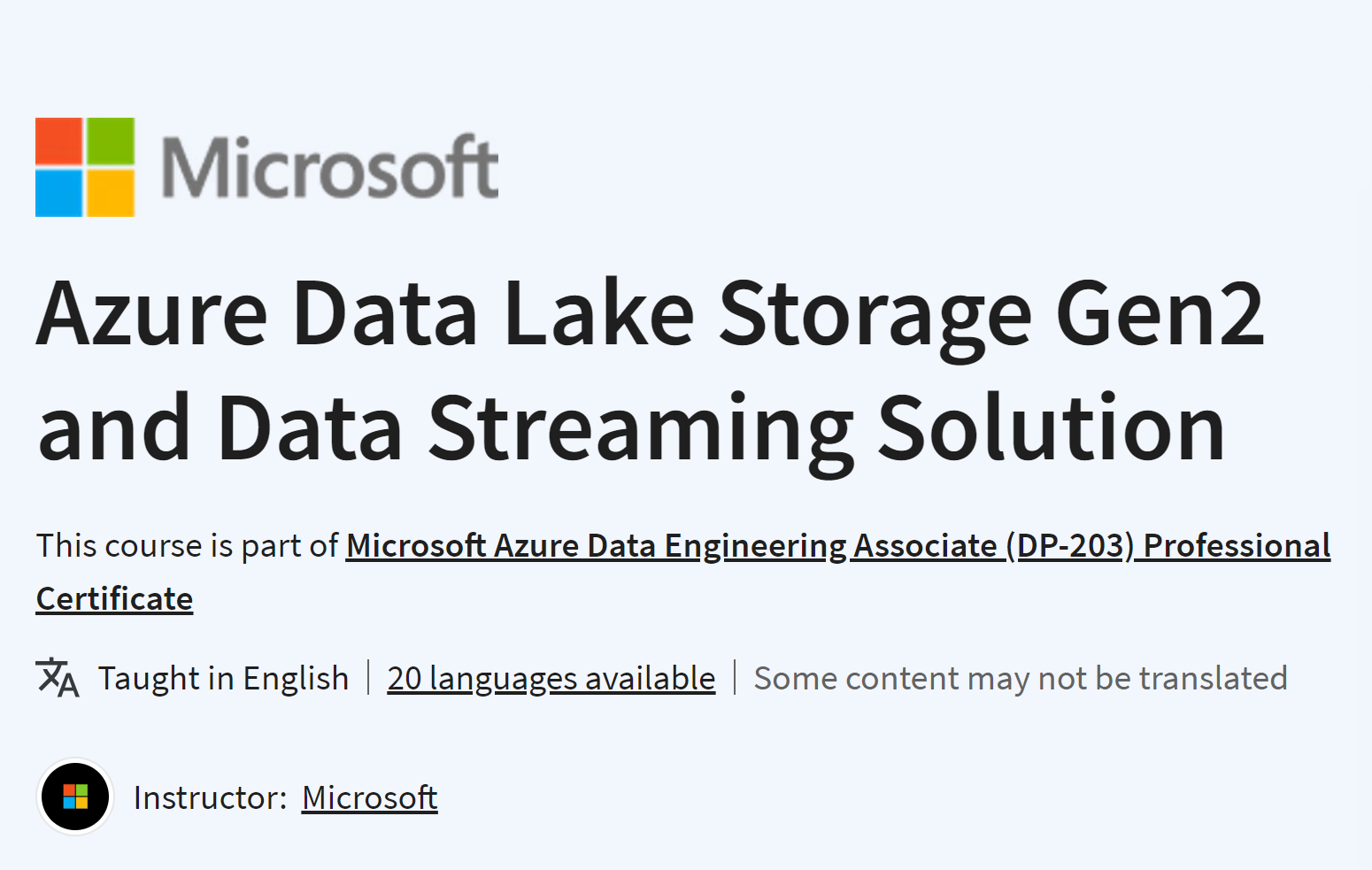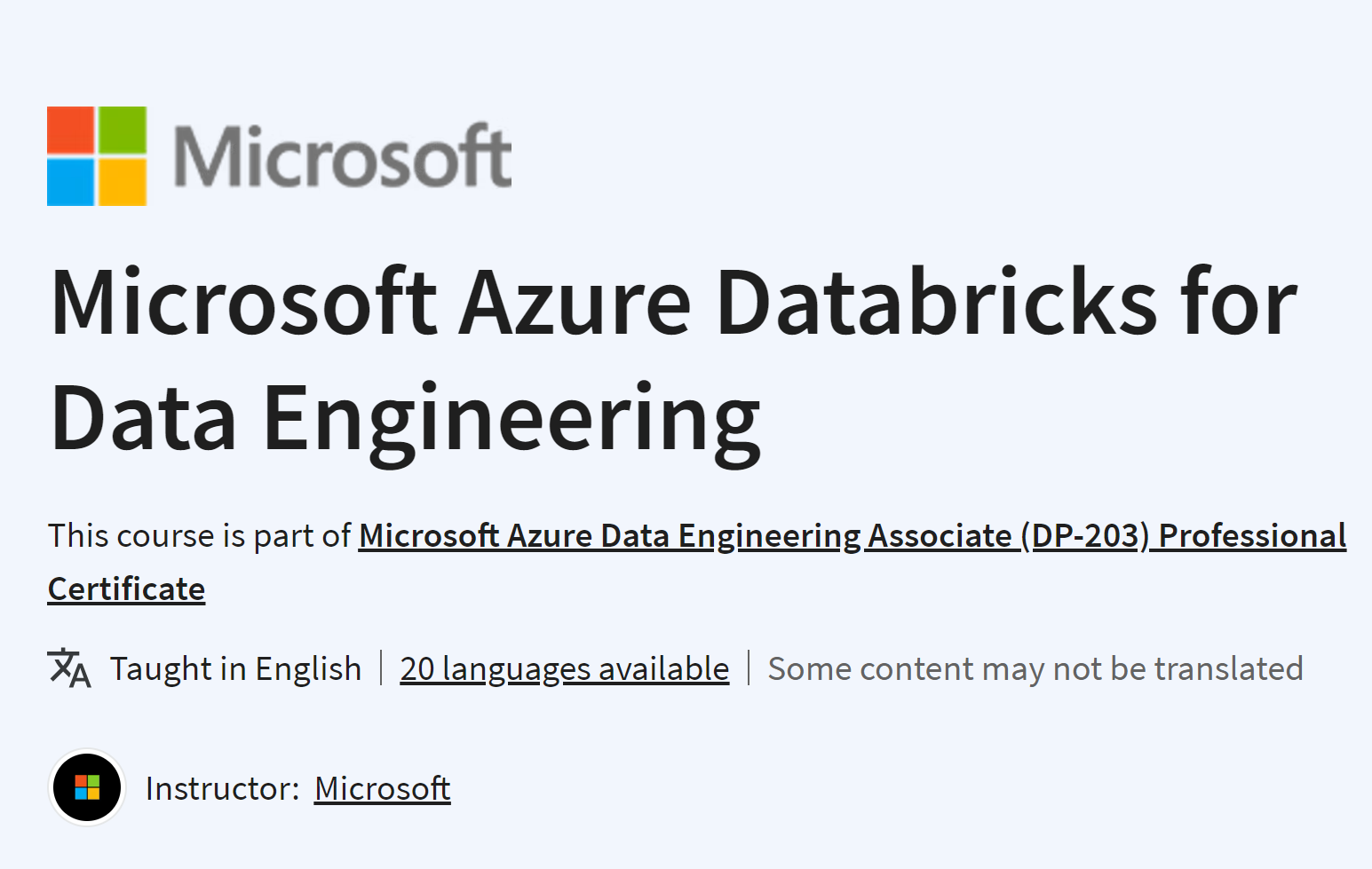Data and Analytics Strategy for Business: Leverage Data and AI to Achieve Your Business Goals
Introduction: Why Data and Analytics Matter
In today’s digital-first business landscape, organizations are generating massive amounts of data every day. However, data by itself is meaningless unless it is analyzed and applied strategically. A robust data and analytics strategy allows businesses to convert raw information into actionable insights, driving informed decisions, improving operational efficiency, and enhancing customer experiences. When combined with Artificial Intelligence (AI), data analytics becomes a powerful tool that can predict trends, automate processes, and deliver a competitive advantage.
Define Clear Business Objectives
The foundation of any successful data strategy is a clear understanding of business goals. Businesses must ask: What decisions do we want data to support? Examples of objectives include increasing customer retention, optimizing product pricing, reducing operational costs, or improving marketing ROI. Defining specific goals ensures that data collection and analysis efforts are aligned with measurable outcomes that drive business growth.
Assess Data Maturity
Before implementing advanced analytics, it’s crucial to evaluate your current data infrastructure and capabilities. This involves reviewing the quality, accuracy, and accessibility of data, as well as the tools and skills available within the organization. Understanding your data maturity helps prioritize areas for improvement and ensures that analytics initiatives are built on a strong foundation.
Implement Data Governance
Data governance is essential for maintaining data integrity, security, and compliance. Establishing standardized processes for data collection, storage, and management ensures that insights are reliable and actionable. It also ensures compliance with data privacy regulations, protects sensitive information, and reduces the risk of errors in decision-making.
Leverage Advanced Analytics and AI
Modern business strategies leverage AI-powered analytics to go beyond descriptive reporting. Predictive analytics forecasts future trends, prescriptive analytics recommends optimal actions, and machine learning algorithms automate decision-making processes. AI applications, such as Natural Language Processing (NLP), help analyze customer sentiment from reviews and social media, providing deeper understanding of market behavior.
Choose the Right Tools and Platforms
Selecting the right analytics tools and platforms is critical for effective data utilization. Data warehouses and lakes centralize structured and unstructured data, while Business Intelligence (BI) platforms like Tableau, Power BI, or Looker provide visualization and reporting capabilities. AI and machine learning platforms, such as TensorFlow, AWS SageMaker, or Azure AI, enable predictive modeling, automation, and actionable insights at scale.
Promote a Data-Driven Culture
Even with advanced tools, a data strategy fails without a culture that values data-driven decision-making. Organizations should encourage collaboration between business and data teams, train employees to interpret and act on insights, and foster continuous learning. A culture that prioritizes experimentation and evidence-based decisions ensures long-term success of analytics initiatives.
Measure Success with Key Metrics
Tracking the impact of your data strategy is essential. Key performance indicators (KPIs) may include revenue growth, cost savings, customer satisfaction, operational efficiency, and predictive model accuracy. Regularly measuring these metrics helps identify areas of improvement and ensures that analytics efforts are delivering tangible business value.
Real-World Applications of Data and AI
Retail: AI-driven analytics enable personalized recommendations, boosting sales and customer loyalty.
Healthcare: Predictive models optimize hospital staffing, patient flow, and treatment outcomes.
Finance: Machine learning algorithms detect fraudulent transactions in real time.
Manufacturing: Predictive maintenance reduces downtime and increases operational efficiency.
Hard Copy: Data and Analytics Strategy for Business: Leverage Data and AI to Achieve Your Business Goals
Kindle: Data and Analytics Strategy for Business: Leverage Data and AI to Achieve Your Business Goals
Conclusion
A strong data and analytics strategy, powered by AI, transforms businesses into proactive, insight-driven organizations. Companies that effectively collect, analyze, and act on data gain a competitive advantage, improve efficiency, and deliver superior customer experiences. In the modern business landscape, leveraging data is no longer optional—it is essential for achieving sustainable growth and success.


















.png)













.png)




.jpg)


%20by%20Allen%20B.%20Downey.jpg)


















